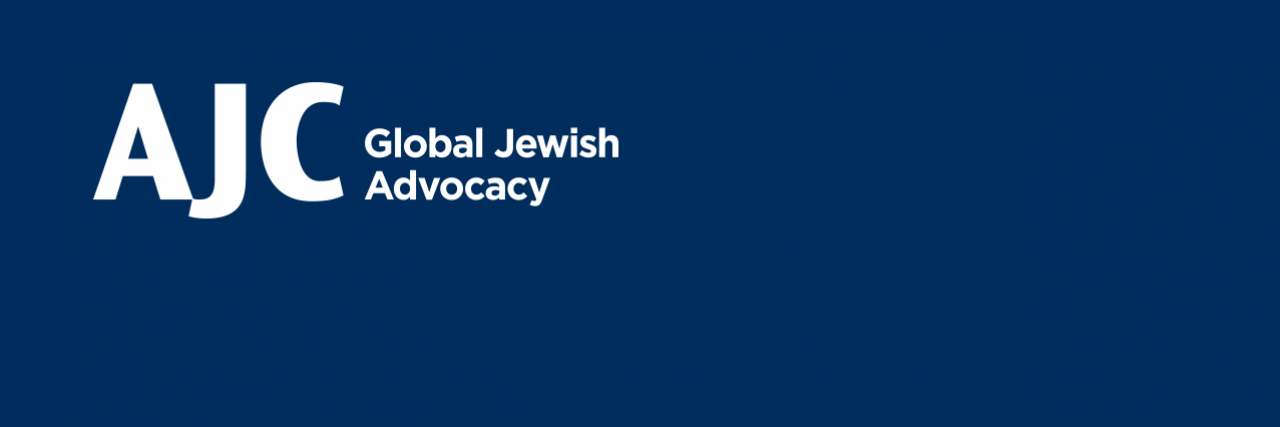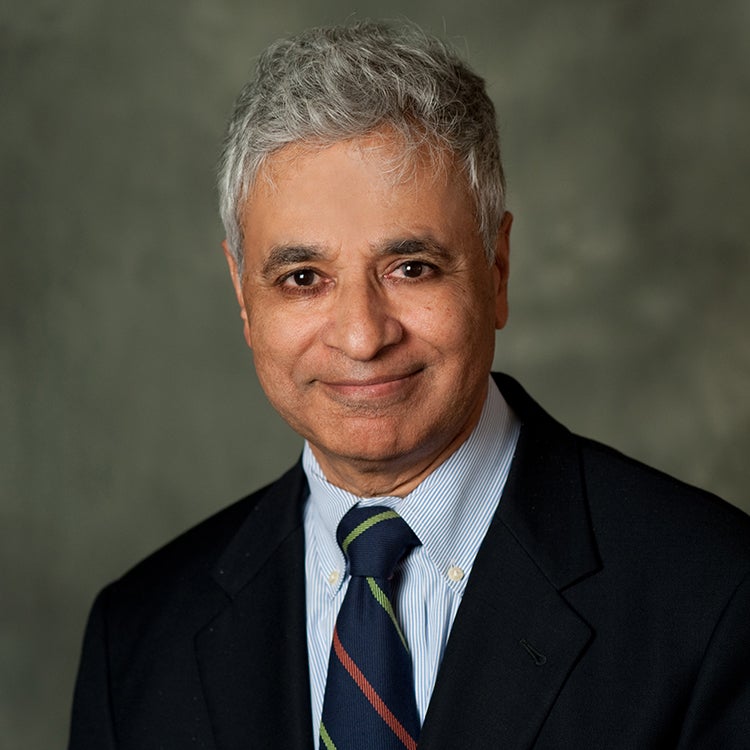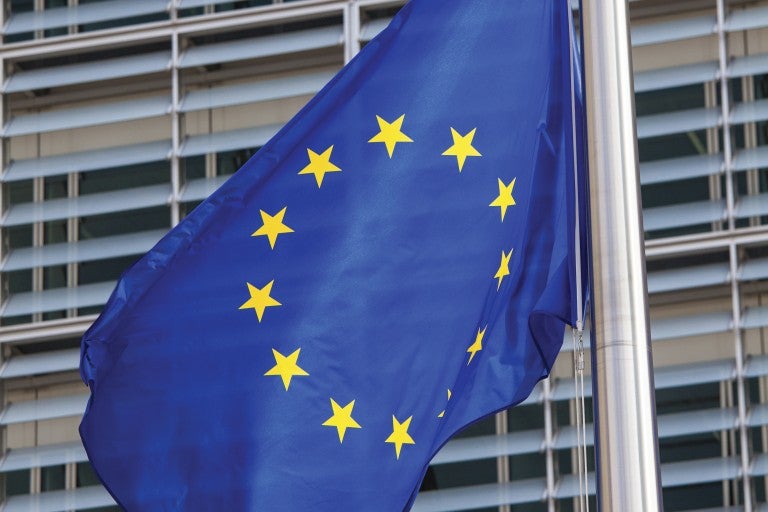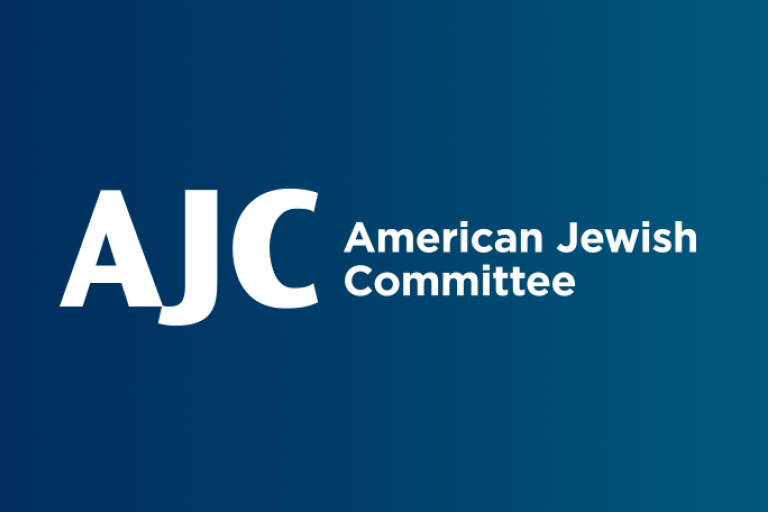September 21, 2020 — New York
Fourteen years ago, on August 11, 2006, the UN Security Council adopted resolution 1701, which called for a “full cessation of hostilities” along the border between Israel and Lebanon. As the resolution clearly acknowledged, the hostilities were triggered by Hezbollah’s unprovoked attack on Israel. During the month-long crisis, hundreds of people died, thousands were injured, and hundreds of thousands were displaced, on both sides of the border.
While Israel has complied with resolution 1701, Hezbollah and its state sponsors, Iran and Syria, have flouted their obligations. The resolution called for full implementation of resolution 1559 (2004), including the disbanding and disarming of all militias in Lebanon, but Hezbollah has not been disarmed, and in fact has significantly increased its military capabilities.
Resolution 1701 called for the re-establishment of the Lebanese Government’s effective authority along the Israeli-Lebanese border and in the whole of Lebanon, but such authority cannot be re-established if Hezbollah remains an armed militia. It also called for an embargo on the sale or supply of arms and related material to Lebanon, except as authorized by its government. However, Iran has continued its shipments of weapons to Hezbollah.
Hezbollah is the quintessential terrorist organization. It was the first to introduce suicide bombing into the Middle East and has repeatedly carried out such bombings against military and civilian targets. It has abducted foreigners and held them hostage for years. It perpetrated the 1983 bombing against the U.S. embassy in Beirut, which killed 63 people, and in the same year, it carried out the gruesome bombing of the U.S. and French barracks of the Multinational Force in Lebanon, killing 241 American and 58 French soldiers.
Globally, Hezbollah was involved in the bombing of both the Israeli Embassy in Buenos Aires in 1992 and the AMIA building in 1994, which together killed 114 civilians and injured scores more. In 2012, its operatives perpetrated a terror attack in Burgas, Bulgaria, in which six civilians – five Israeli tourists and a Bulgarian driver – died and many were injured.
Since 2011, Hezbollah has supported the Assad regime’s murderous campaign against the Syrian people and has exacerbated sectarian and ethnic tensions in Lebanon. The devastation caused by the Syrian conflict fueled Europe’s unprecedented refugee crisis of 2015 and 2016.
In its own words, Hezbollah is dedicated to the destruction of Israel. During the 2006 hostilities with Israel, it had some 13,000 short- and medium-range rockets, which it used to attack civilian targets throughout northern Israel. Today, Hezbollah is believed to have over 150,000 rockets and missiles, including long-range systems as well as ones with improved accuracy, allowing it to strike throughout Israel and with increased precision. Hezbollah’s leader, Hassan Nasrallah, has repeatedly threatened to use this arsenal against Israel.
The list of countries that have designated Hezbollah as a terrorist organization includes the United States, Germany, the United Kingdom, Canada, Israel, the Netherlands, Argentina, Colombia, Paraguay, Honduras, and Lithuania. Notably, since 2016, this list also includes the Arab League and the Gulf Cooperation Council.
In his latest report on the implementation of resolution 1701, released last July, UN Secretary-General Antonio Guterres observed: “Hizbullah continued to acknowledge publicly that it maintains military capabilities. The maintenance of arms groups outside the control of the State by Hizbullah and other groups in violation of resolution 1701 (2006) and 1559 (2004) continues to restrict the State’s ability to exercise full sovereignty and authority over its territory.”
The Secretary-General further observed that, “The freedom of movement of UNIFIL in its entire area of operations, including along the full length of the Blue Line, remains critical.” However, Hezbollah, under the pretext of “private property” (frequently a code word for locations where Hezbollah deploys its militants and weapons), has persistently denied UNIFIL such freedom of movement.
Indeed, the Secretary-General also mentioned Israeli overflights of Lebanese airspace. However, these overflights are necessitated by the strategic threat posed by Hezbollah, the Lebanese government’s failure to rein in this terrorist organization, and the Iranian regime’s repeated attempts to provide it, via Syria, with more accurate and deadly weapons.
The tragedy of the explosion in Beirut on August 4, in which nearly 200 people died, more than 6,000 were wounded, and an estimated 300,000 were left homeless, has compounded the already dire economic conditions in Lebanon. Any serious attempt to address this problem requires the establishment of the Lebanese government’s effective authority over the entire territory of Lebanon. A situation whereby an armed militia aligned with a foreign power wields powers usually reserved to a sovereign government not only imperils Lebanon’s security but undermines the state’s capacity to serve its people’s basic needs.
Hezbollah is a threat to peace and security in the region and beyond. It is also the main impediment to the fulfilment of UNIFIL’s mandate, a mandate which the Security Council recently renewed without any significant changes. It’s high time the Council upholds its resolutions regarding Lebanon.
Aaron Jacob is the American Jewish Committee’s Director of Diplomatic Affairs.



